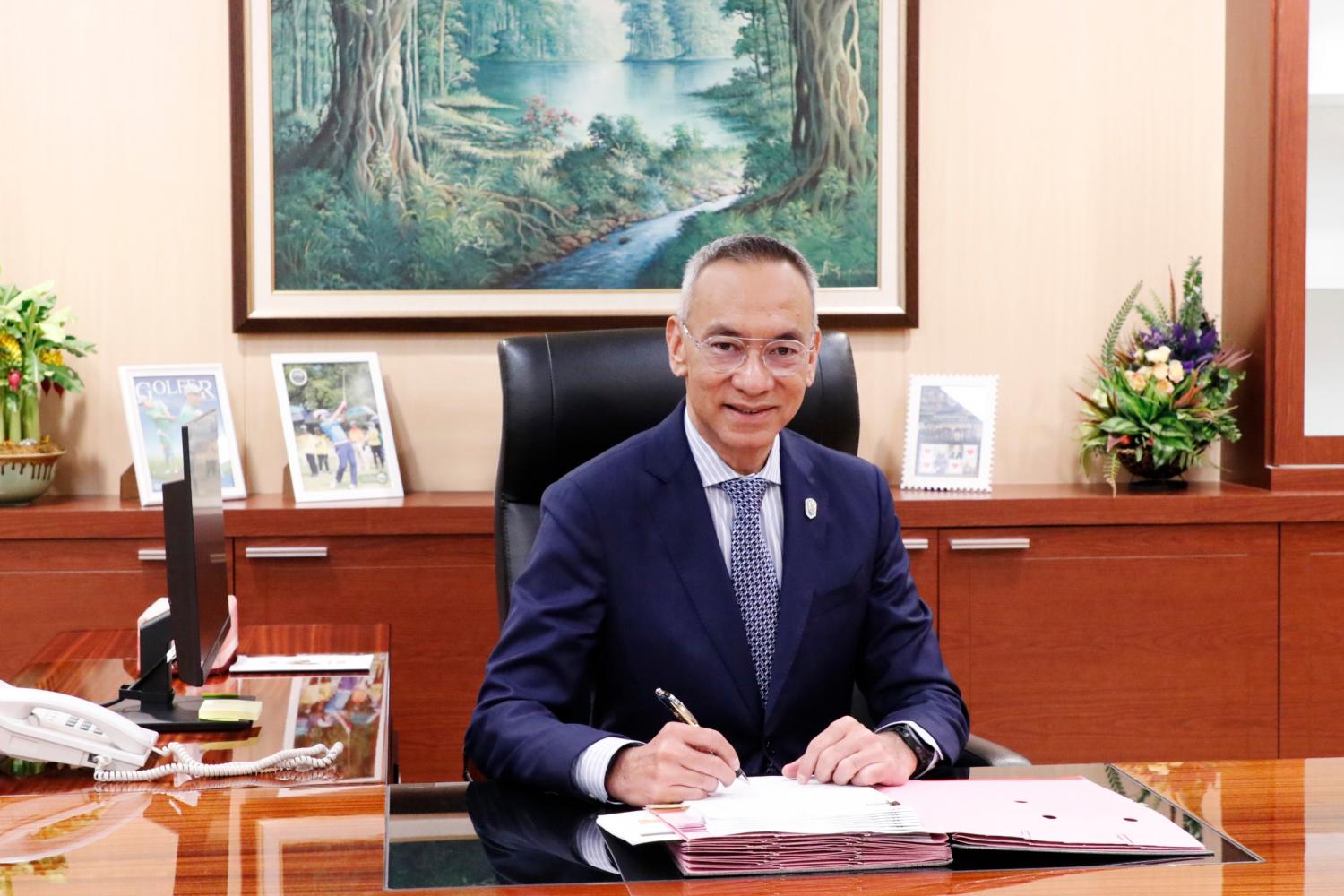
A new five-year strategic trade plan for Thailand is expected to be completed this September to guide state agencies in the post-pandemic period, helping them better understand trends in the bio-, circular and green (BCG) economy, says the Trade Policy and Strategy Office (TPSO).
The state's trade think tank is also preparing to launch new economic indicators that give more insight on business activities across industries, including retail, movies and news agencies.
"The new strategy, set to be implemented this year, is the first priority of TPSO in helping the government cope with the Covid-19 crisis and ensuring the economic recovery," newly appointed chief Phusit Ratanakul Sereroengrit told the Bangkok Post.
Commerce Minister Jurin Laksanawisit stressed Thailand needs a national trade strategy, tasking TPSO with drafting the plan, which has now become a joint project with other agencies including the Thailand Development Research Institute and the National Economic and Social Development Board.
The strategy will focus on domestic trade and exports, which must adapt to changes now formalised during the pandemic, said Mr Phusit.
Thailand should support exports that can generate revenue during the economic slowdown. These items include "work-from-home products", including computers, electrical appliances and furniture, he said.
Healthcare products, food and agricultural goods should also receive more support, said Mr Phusit.
He said the world is moving towards a BCG economic model and Thailand cannot miss the opportunity to benefit from it.
The BCG economic model aims to use resources wisely with minimum impact on the environment.
The bio-economy is closely related to agriculture as it promotes the use of renewable resources as raw materials to produce energy, food and other value-added products that will become a new source of revenue for farmers.
"Young farmers and manufacturers must innovate, such as producing edible insects rich in protein to set new trends for consumers," said Mr Phusit.
TPSO also wants to introduce new economic indices later this year to provide data to the state and private sectors, he said.
These indices include the Business Confidence Index Service, which measures a range of business activities. In addition to entertainment, media and retail categories, the index looks at the personal item repair business.
Another consideration is area-based indices, which focus on economic activities taking place within certain districts, said Mr Phusit.